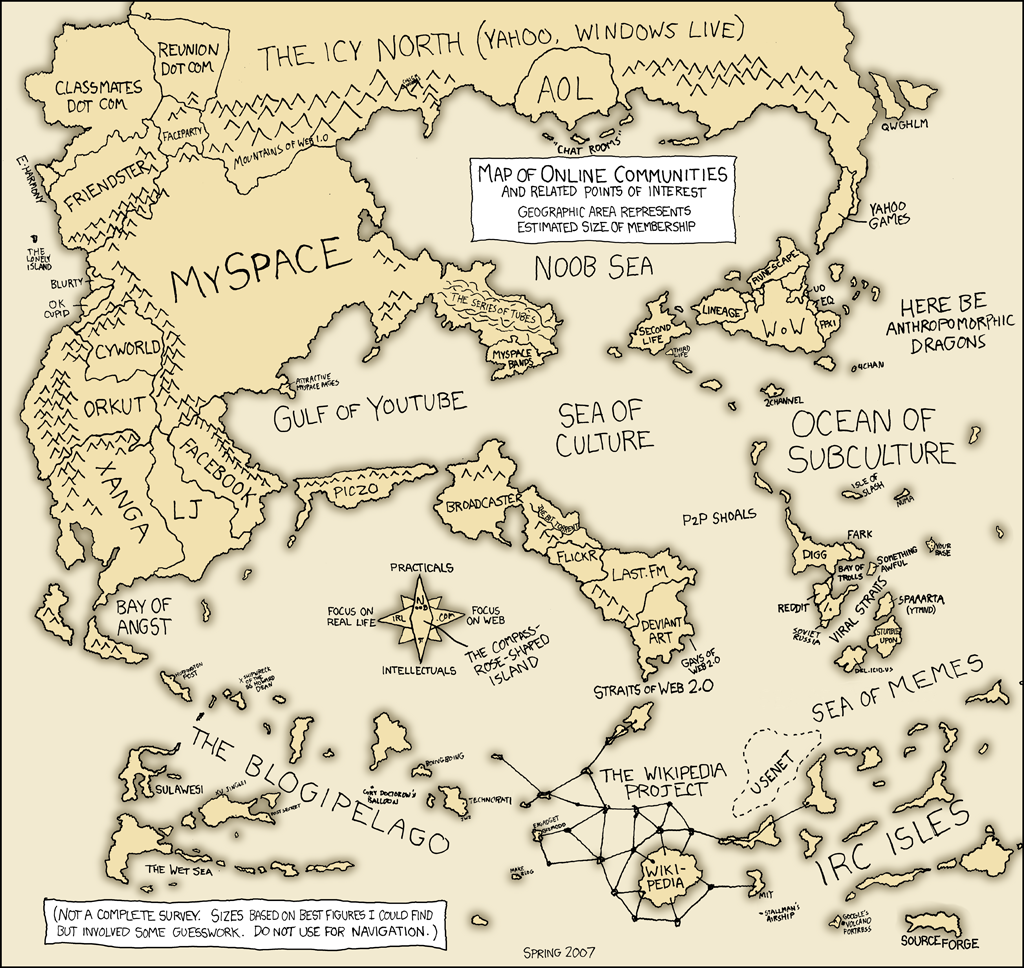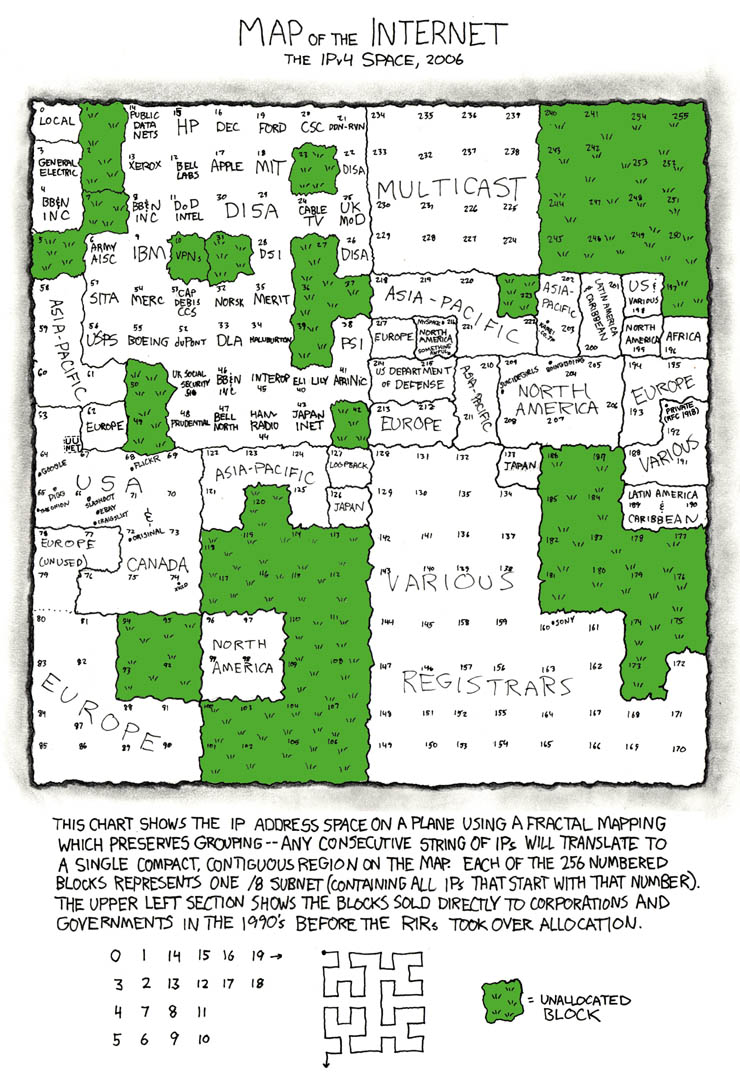The key here is that it would be a mistake to argue that high commodity prices are the only reason policy settings have ended up being too loose. Policy was set for recoupling in almost all markets in Asia, and yet decoupling in exports and GDP growth has persisted. Chart 3 (see below) shows an average core CPI for Asia ex-Japan. Clearly, once we account for the contributions of food and energy price inflation, Asia's inflation issues are not settled. Along with concerns about policy being too loose, growth decoupling has contributed to a surge in imports, which has been compounded by the rise in commodity prices, to result in sharply worse trade balances. Decoupling has ended up not being all that it cracked up to be.
According to him, expect a further slowdown till 2009
Be prepared for deeper and longer downturn
The troubling message from the chart above is that there is not much room to ease policy (and we include fiscal policy too) when they are likely to be most needed in 2009 - when the consumer in the U.S. wakes up to the reality. The absence of policy lever should lead to the acceptance that the economic impact on Asian households and the earnings impact on Asian corporations would be deeper and longer.
Now, where does India fit in this. As a country i guess we're extremely vulnerable to such turns, and RBI holds the key to turn this tide. It should make decisions (which will bring initial pain for sure) that change the economic setup and not just give into political pressure. Discuss...
-Aditya Raghuwanshi


